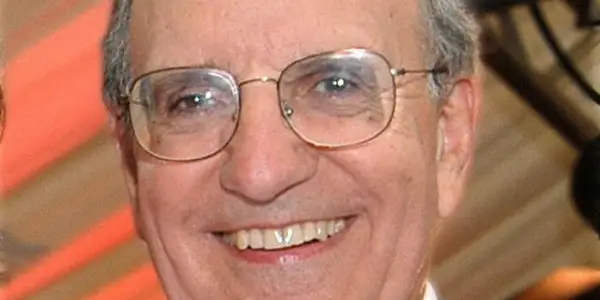An architect of the Northern Ireland peace process is to join artists, poets and musicians for a special reconciliation event in Dublin.
Former US senator George Mitchell will take part in Rising to Reconciliation at the Abbey Theatre on Sunday, which coincides with the 18th anniversary of the Good Friday Agreement.
Host Charlie Flanagan, Minister for Foreign Affairs, said: “We will trace the path from the moment of the Easter Rising of 1916 through the complexity and turbulence of the succeeding century, and we will celebrate the advent of hope, reconciliation and democratic accommodation represented by the Good Friday Agreement.
“I am particularly pleased that for this event to mark the 18th anniversary of the Good Friday Agreement we will be joined by so many individuals from across the community who have made a lasting contribution to peace and reconciliation on this island.
“I am especially delighted that senator George Mitchell, who played such a unique and catalytic role in the peace process, is able to take part.
“I know that the powerful performances we will see on stage will be an inspiration as we continue the unfinished business of reconciliation on this island and as we continue to honour the vision of the Good Friday Agreement.”
George Mitchell chaired talks which led to all sides in Northern Ireland accepting his non-violence principles.
The landmark deal brought to an end decades of sectarian conflict and was endorsed by people on both sides of the Irish border following a referendum a month later.
It led to the foundation of the devolved power-sharing coalition government at Stormont, overhaul of the police, freeing of paramilitary prisoners and disbandment of the IRA.
But it was the subject of stinging criticism from some unionists and its opponents claimed it had been overtaken by the later St Andrews Agreement which led to the DUP sharing power with Sinn Fein.
The Rising to Reconciliation event aims to chart the path from the Easter Rising of 1916 to the Good Friday Agreement through the media of poetry, music, drama and imagery.
It will include work from internationally-acclaimed poets, including Eavan Boland, Colette Bryce, Seamus Heaney, Michael Longley and John Hewitt as well as live readings and music .
